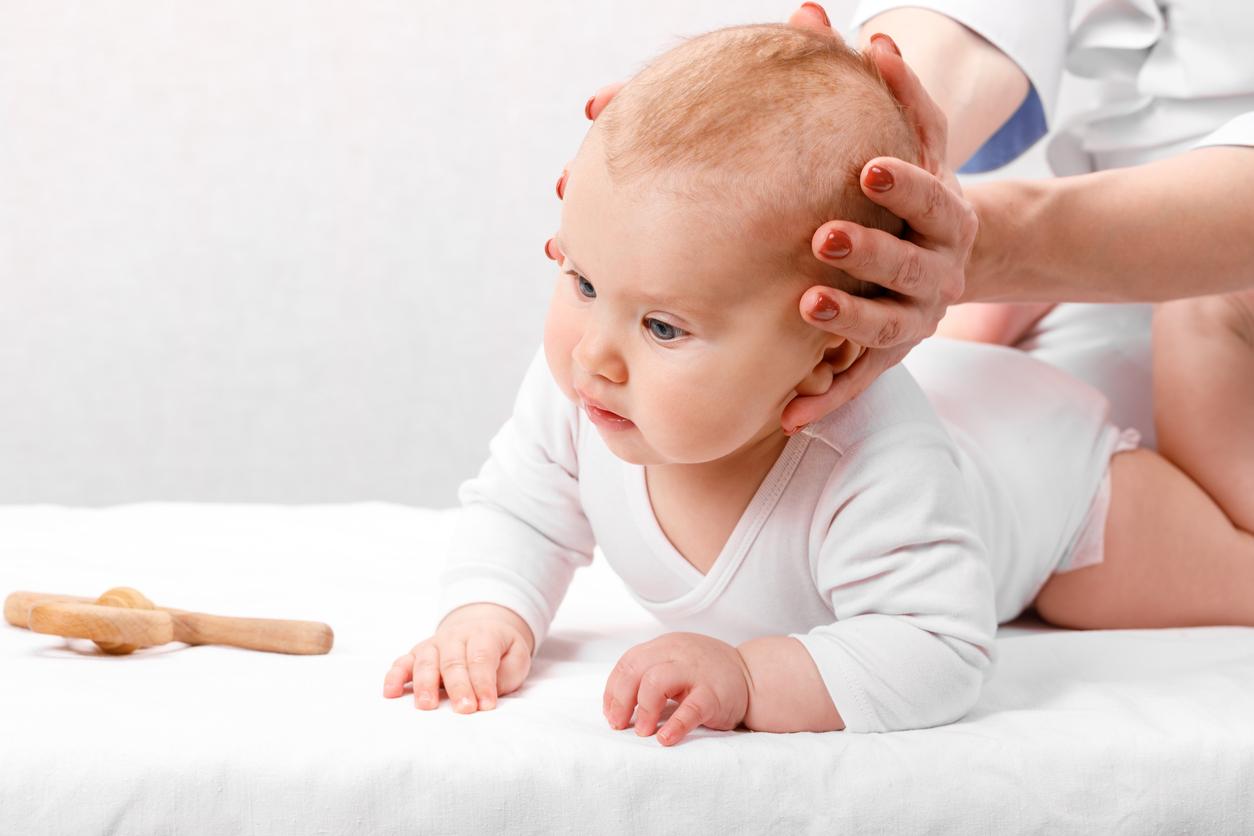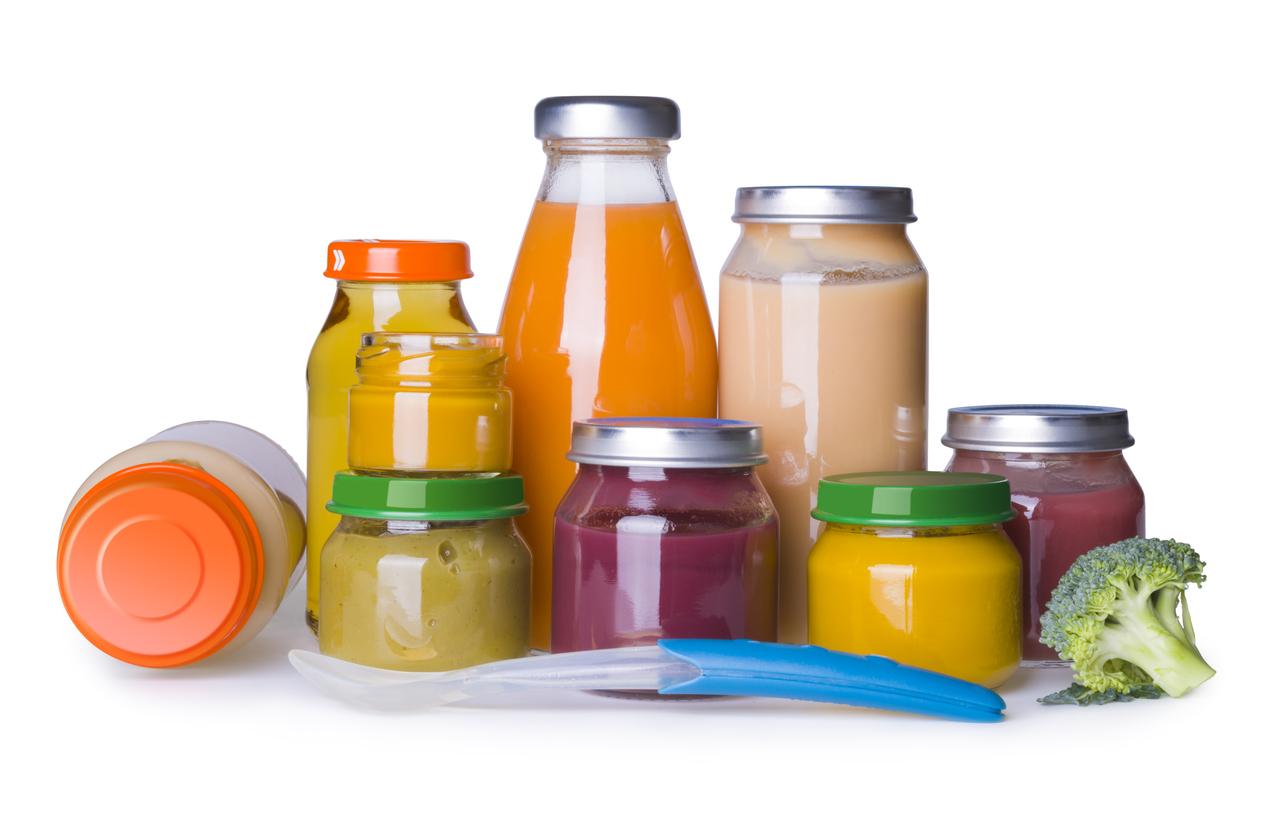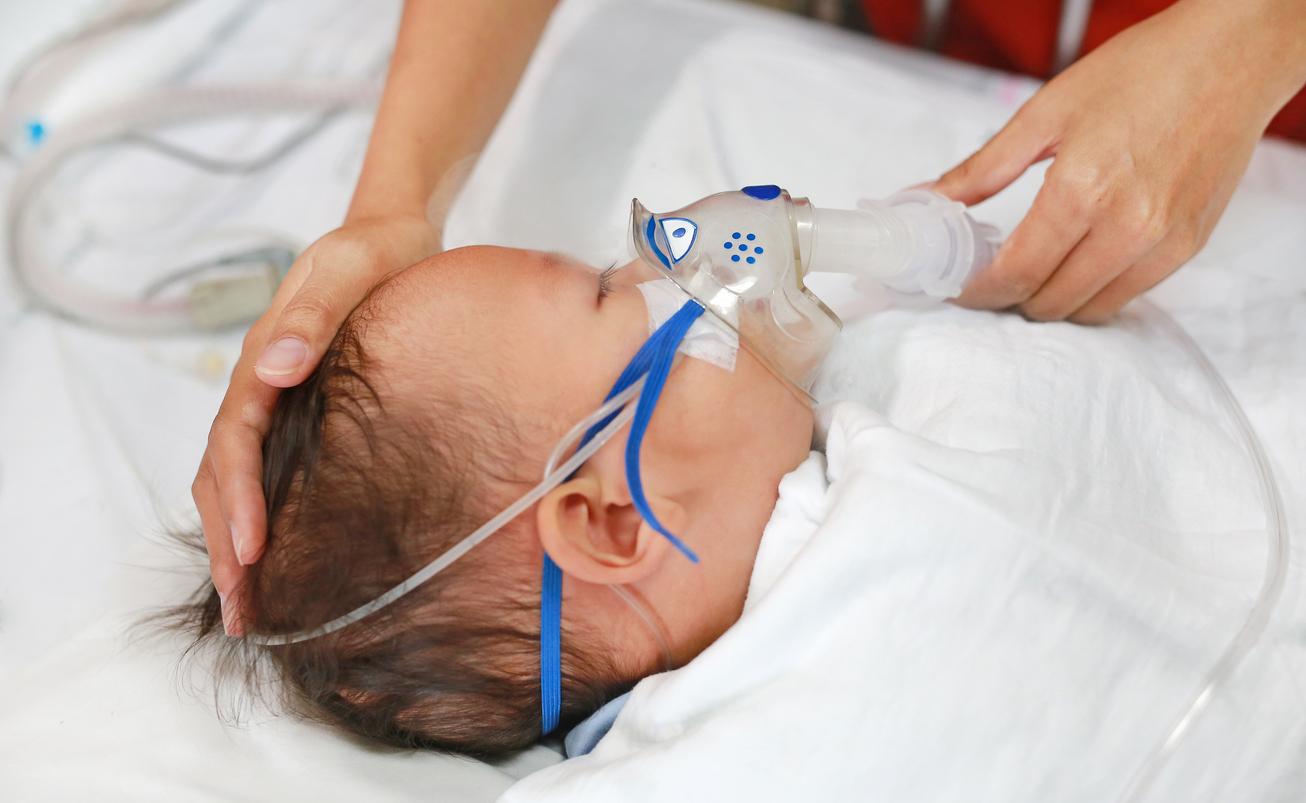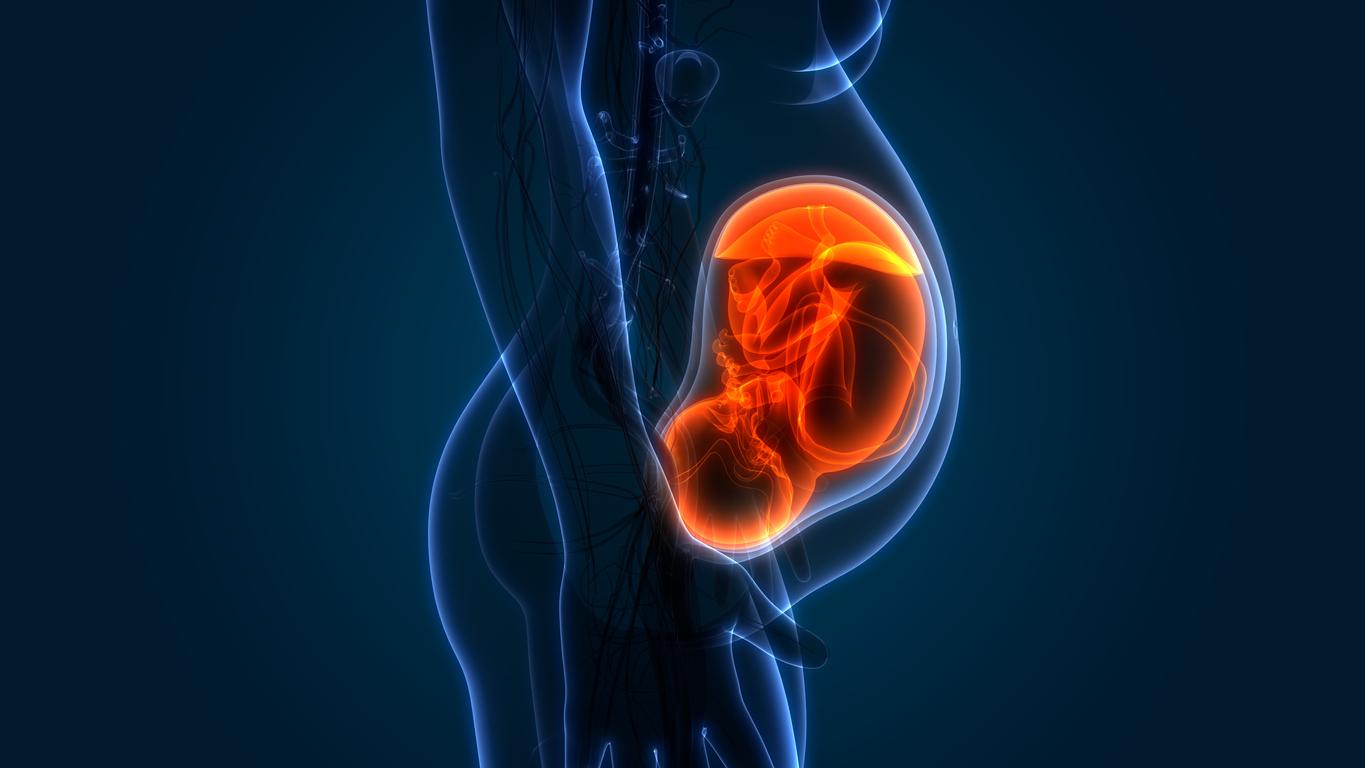While some techniques may seem promising, the results should nevertheless be taken with caution.
-1573839383.jpg)
Infant colic is full of mysteries. It is characterized by long, intense crying spells in newborn babies and is believed to be caused by abdominal pain. Although it represents considerable distress for the infant and its parents, it is however not serious. A review of the evidence on the use of complementary and alternative therapies (CPT) to treat babies with colic was analyzed by researchers from the University of Bristol and the University of Manchester (UK). The study published on November 11 in the medical journal Systematic Reviews shows that certain treatments, such as the use of probiotics, fennel extract and spinal manipulation, could be helpful. However, as the evidence is still limited, these therapies should not be entirely relied upon.
The use of complementary and alternative therapies attracts some parents because of the lack of knowledge of researchers regarding infant colic. In addition, as a precaution, conventional treatments remain limited. “Many parents know how painful it can be to care for a baby with colic, and doctors don’t really understand what causes the condition, which makes it difficult to treat. This gap in conventional medical knowledge is prompting many parents to try complementary and alternative therapies,” says Dr Rachel Perry, Senior Research Associate at the University of Bristol’s Center for Nutrition Research.
Results to be taken with tweezers
To see if these alternative methods really worked, researchers looked at 16 reviews of complementary and alternative therapies believed to cure infant colic, such as probiotics, herbal medicine, acupuncture and spinal manipulation. spine, with practices such as chiropractic massage. For their research, the teams relied on the scientific literature available in the Cochrane library, a medical database, up to 2018. Of the 903 relevant articles they identified, 43 articles were eligible and only 16 of between them (dated 2011 and 2018) were used for the study. In the end, the results regarding the use of fennel extract, probiotics and chiropractic massage seem promising, however, they cannot be considered conclusive.
According to the researchers, the accuracy of the results could be compromised by the small size of the sample, the possibility of bias, the measurement of the results thanks to the diaries filled out by the parents (which implies a significant part of subjectivity). Also, research on babies fed breast milk, which contains probiotics, was lacking. The researchers concluded that acupuncture and soy are not recommended.
.
















